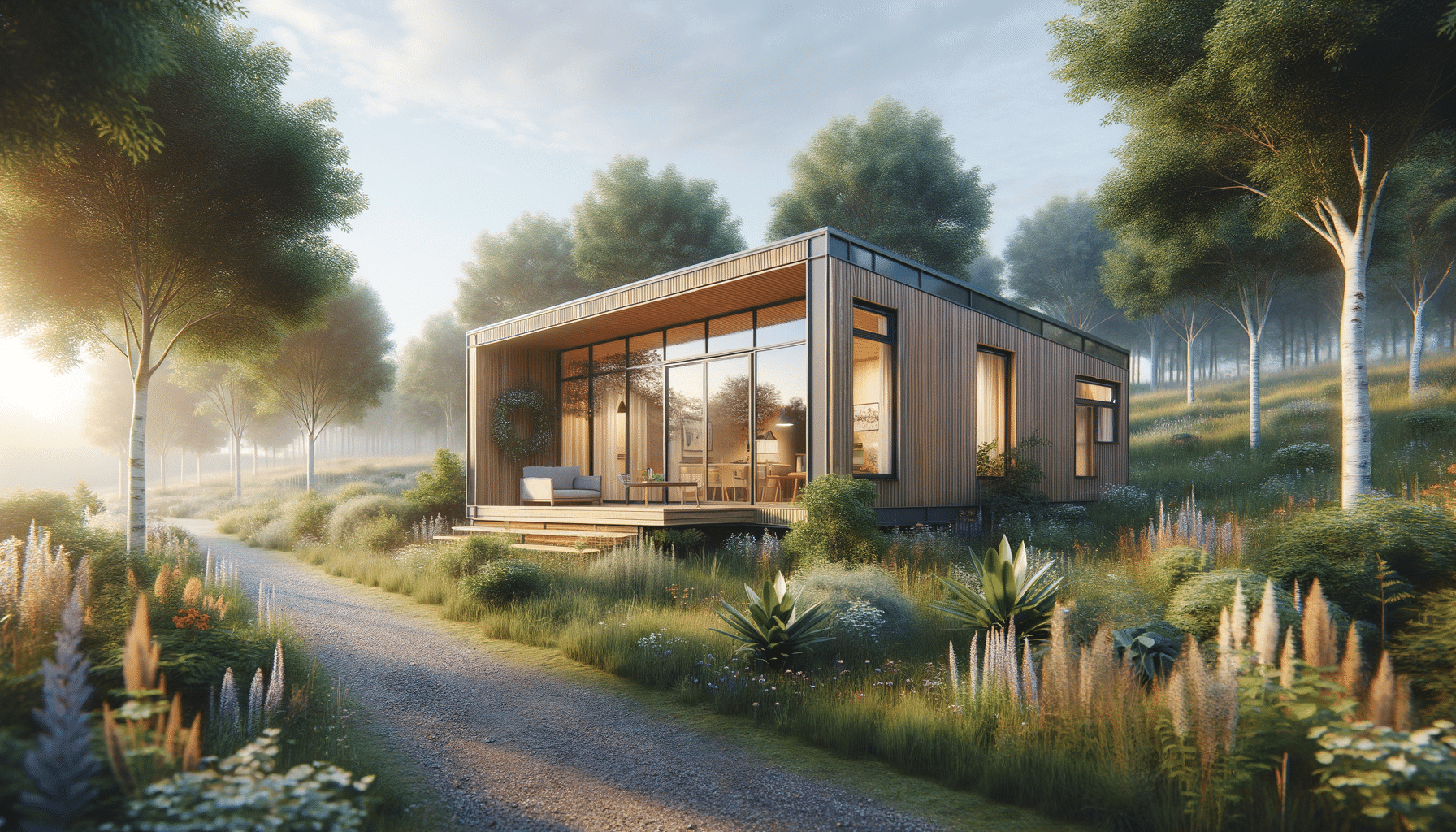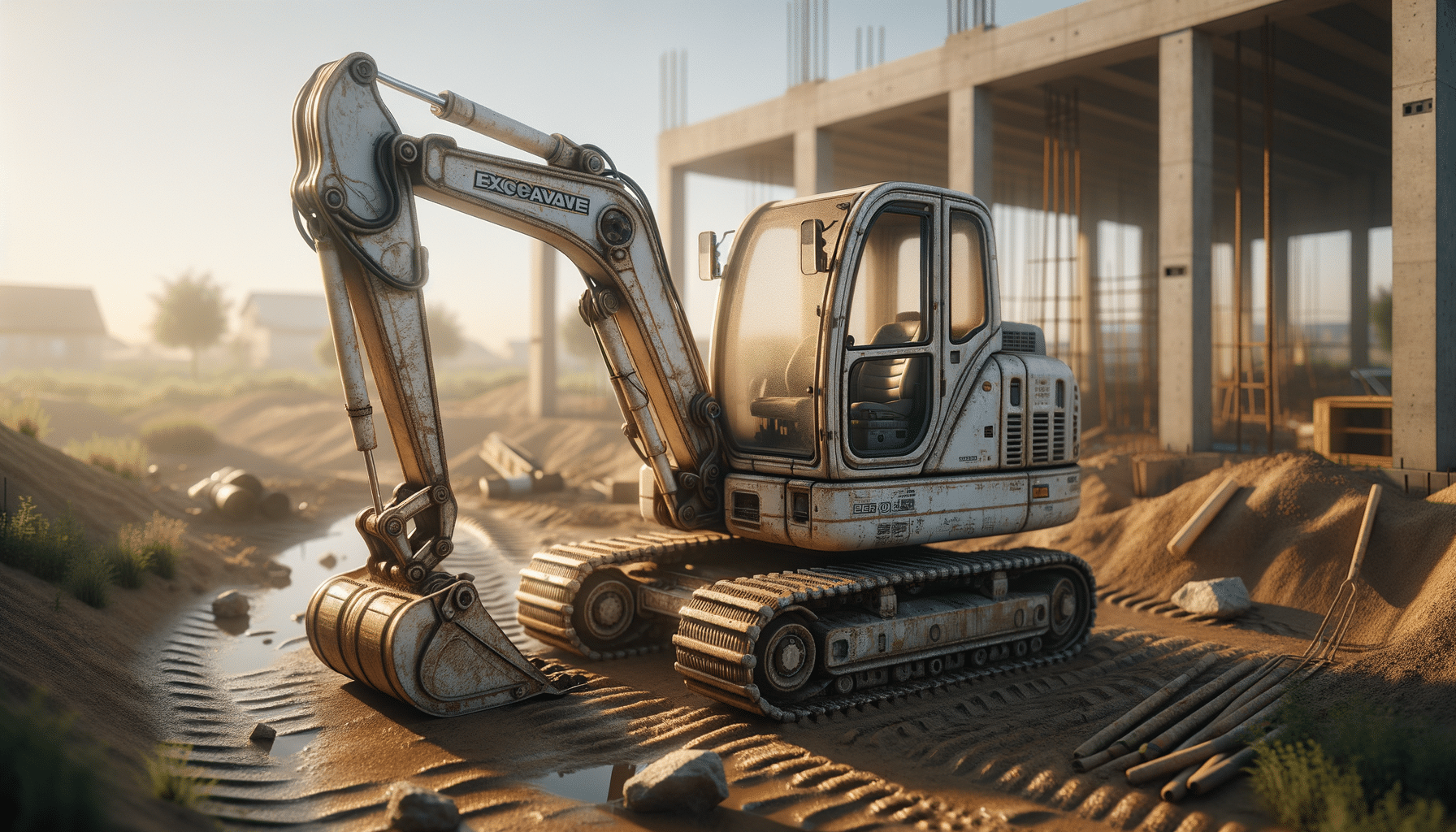
Exploring Modern Mobile Homes and Their Versatile Designs
Introduction to Modern Mobile Homes
Mobile homes have come a long way from their humble beginnings, evolving into stylish, efficient, and versatile living spaces. These homes are no longer just temporary shelters but have transformed into permanent residences that offer a blend of comfort, function, and modern appeal. The rise in popularity of mobile homes can be attributed to their affordability, flexibility, and the advent of innovative designs that cater to various lifestyle needs. As more people seek cost-effective and sustainable living solutions, mobile homes present an attractive alternative to traditional housing.
Design and Aesthetic Appeal
Today’s mobile homes are designed with a keen eye for aesthetics and functionality. They offer a range of design options, from sleek modern styles to rustic and cozy interiors. The use of high-quality materials and finishes has elevated the look of mobile homes, making them indistinguishable from traditional houses in many cases. Open floor plans, large windows, and the integration of outdoor spaces are common features that enhance the living experience. These design elements not only maximize space but also allow for a seamless blend with the surrounding environment, providing a sense of tranquility and openness.
Functionality and Space Optimization
One of the key aspects of modern mobile homes is their ability to optimize space without compromising on functionality. Clever layouts and multipurpose furniture play a crucial role in making the most out of limited space. For instance, built-in storage solutions, foldable furniture, and convertible spaces ensure that every square foot is utilized efficiently. These homes are also equipped with modern amenities such as energy-efficient appliances and smart home technology, which enhance convenience and contribute to a sustainable lifestyle. The focus on functionality makes mobile homes suitable for a wide range of occupants, from singles and couples to small families.
Sustainability and Environmental Impact
Mobile homes are increasingly being recognized for their potential to contribute to sustainable living. They are often constructed using eco-friendly materials and are designed to be energy-efficient, reducing the overall environmental impact. Features such as solar panels, rainwater harvesting systems, and energy-saving appliances are commonly integrated into these homes. Additionally, the smaller footprint of mobile homes means less land is disturbed, and they can be relocated with minimal environmental disruption. This makes them an appealing option for those who are environmentally conscious and wish to reduce their carbon footprint.
Conclusion: The Future of Mobile Homes
The evolution of mobile homes into modern, stylish, and functional living spaces has broadened their appeal and potential as a viable housing option. As the demand for affordable and sustainable housing solutions continues to grow, mobile homes are likely to play a significant role in shaping the future of residential living. Their ability to blend comfort, function, and modern appeal makes them a practical choice for a diverse range of lifestyles. Whether as a primary residence or a vacation retreat, mobile homes offer a flexible and innovative approach to modern living.


